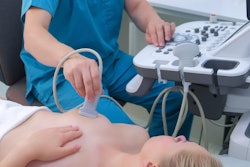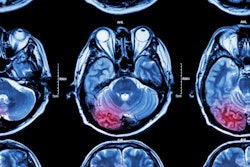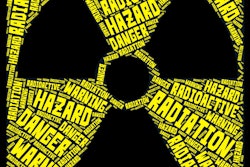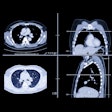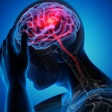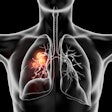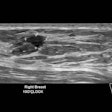Dear AuntMinnieEurope Member,
CT radiation doses have decreased significantly over the past decade, but more work needs to be done to manage radiation dose in children, adolescents and young adults, according to Spanish-led research.
The authors studied the radiology records of 276 hospitals linked to population-based cancer registries and looked at nearly 950,000 patients who underwent a CT scan before the age of 22. Their new data and analysis on radiation dose deserve a close look. Find out more in our CT content area.
Often it falls to junior doctors to refer patients for a CT scan, so it's important for them to have a sound knowledge of the modality. A survey from Australia has shown there are gaps in the understanding of junior medical officers about contrast phases. On the plus side, respondents displayed a willingness to learn more about this topic.
Most cases of severe gastrointestinal complications due to eating undercooked or raw fish and seafood occur in Japan, but the number of cases is rising in Europe and North America. Imaging is proving valuable in these patients. Clinical radiologists from Bilbao in Spain have shared their experiences.
Meanwhile, Swiss researchers have reported that around three-quarters of female patients aren't concerned if the radiologist performing their breast ultrasound examination is a man or a woman. Don't miss our news report in the Women's Imaging content area.
For many years now, the U.K. Royal College of Radiologists (RCR) has produced high-quality guidelines on a wide range of important topics. The RCR's latest offering is on how to deal with frail and vulnerable patients, and you download a copy today for free.





